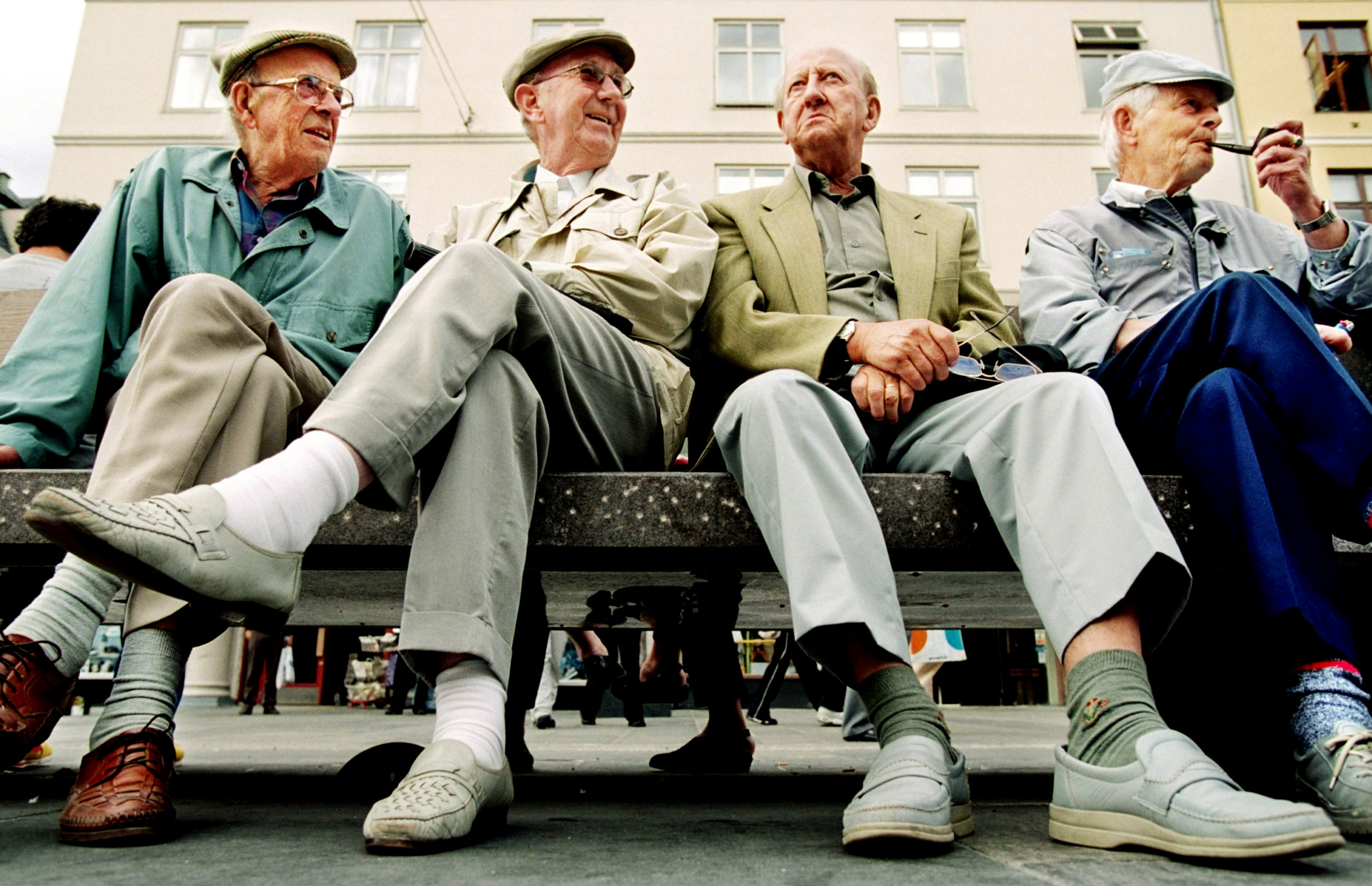We live in a climate where the media is constantly driving a wedge between young and old, demonising the lazy and wasteful millennials whilst portraying baby boomers as the Brexit-generation, intolerant and angry. The “ok boomer” meme which covered our feeds just a few months ago seems to reflect that this disparity between us and them is real. What really is this divide? Is it too entrenched to be overcome? Is this war?
There is no disputing that Brexit has proven to be a generational issue. In the 2016 referendum, seventy-five per cent of eighteen to twenty-four-year-olds voted to Remain in the EU, whilst sixty-six per cent of those aged between sixty-five and seventy-four voted to Leave. In the subsequent election in 2017, fifty-eight per cent of sixty to sixty-nine-year-olds voted Conservative, whilst sixty-six per cent of first-time voters, aged between eighteen and nineteen, voted Labour.
Jeremy Corbyn shocked the country with the “youthquake” that supported him. Despite this, it was not enough to swing the vote. This led to comments, particularly on social media, that the young will just have to wait for the older generation to die off before getting their say.
Studies have also shown that economic disparity between Baby Boomers and Millennials is a very real issue. The older generation was able to reap the benefits of the Welfare State before voting for governments that would tear it down. They were able to enjoy free education, affordable housing, state-funded health care.
Bring yourself back to today and the younger generation are faced with gigantic student loans, increasing marketisation and privatisation of education and the health service, and the reality of being unable to enter the housing market.
Meanwhile, much of the older generation continue to vote Conservative, which will only see an increase in privatisation and a decrease in taxes, benefitting the elderly who own their homes and now rely on the younger generation to help pay for their care, no longer provided by the state.
However, I don’t see any malice towards the younger generation behind this trend. Many baby boomers seem to have unknowingly jeopardised their offspring’s future by continuously voting for policies which benefitted them, unwilling to make the same contribution back through support for marginally higher levels of taxation and nationalised industry.
Historically, the younger generation has been slightly more left-leaning and more open to change. Despite the tensions that Brexit has fed upon, it is important to remember that the Baby Boomers were the ones that saw a huge amount of change to civil rights over the decades when they were younger. We, as the new younger generation, would not be prejudiced against someone based on their ethnicity, background or sexuality, so why be prejudiced against age?
What about the forty-four per cent of the older generation who voted to Remain or the young people who voted Conservative in the last two elections? Statistics deliberately lump people together, wiping away the individual and their choices. We all need to stop generalising one another based on age-based voting blocks for a start.
How do we facilitate a common ground? What is needed is an open and honest conversation. As previously stated, it seems that, for a start, both generations need to stop generalising one another. If they see us as whinging, avocado toast-binging slackers, and we perceive them as Brexit-voting, immigrant-hating Tories, how can anyone come to any understanding?
This also needs to be done away from the media. Tabloids are filled with articles demonising all ages to get readership on all sides. Similarly, it needs to be done away from social media. It is too easy for people to get into vicious arguments online, hidden behind screens, neither party will actually come to appreciate the point of the other.
Rachel Shabi, writing for The Guardian, has suggested that more intergenerational spaces need to be created. Volunteer programmes, in particular, give the young access to increasingly-competitive work experience and are also supported by the older generation. Another example of a useful intergenerational space is spare rooms potentially held by the older generation, which could be rented at reasonable rates to the young to help get them on their feet.
From what I see, this is not a war. It has been portrayed as such by the media and in the deep dark world of the Facebook comments section. From now on, rather than avoid the topics that drive us apart, we should all be saying: Ok Boomer, let’s have a conversation.
Lucy Slater
Image: Wikimedia Commons.

